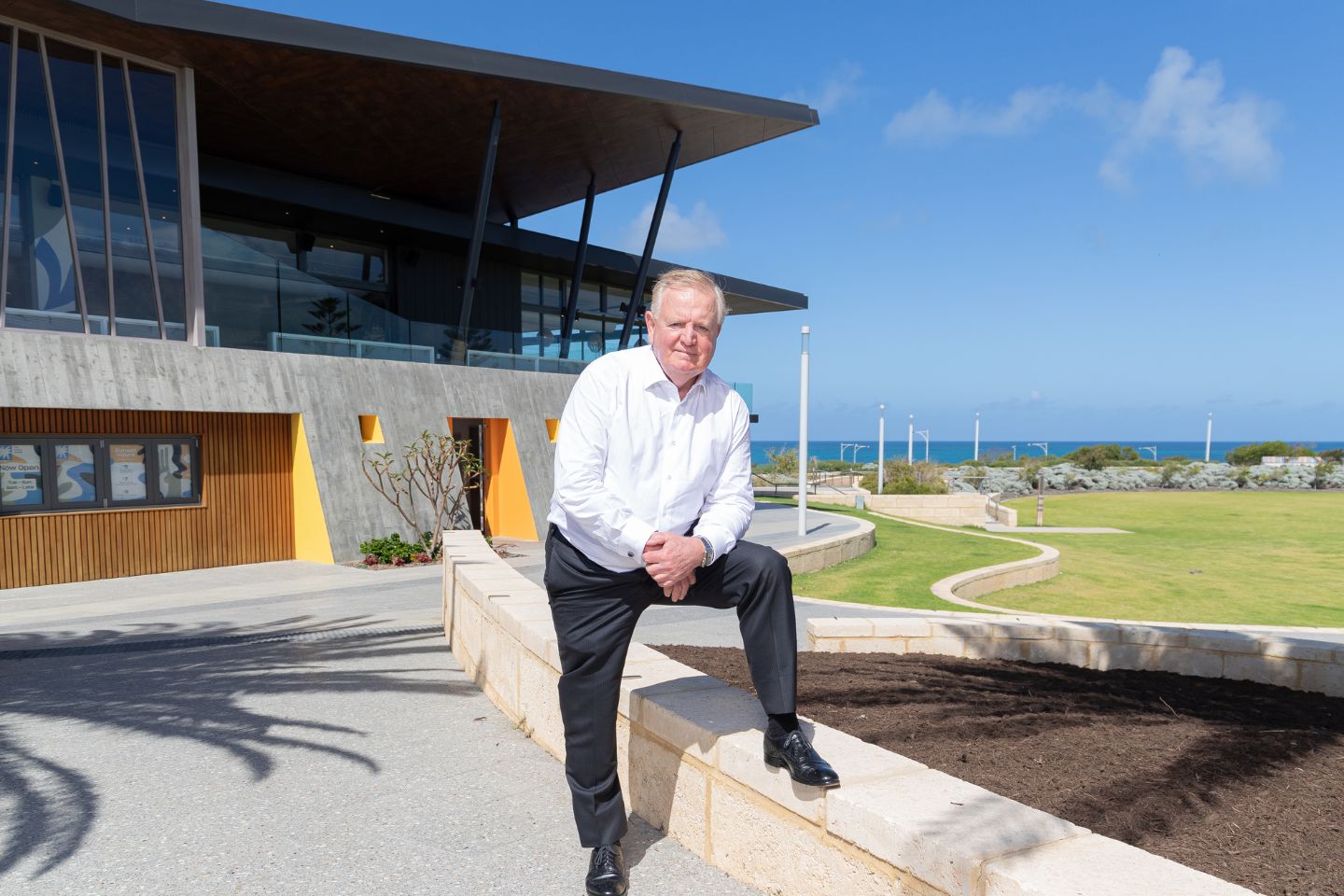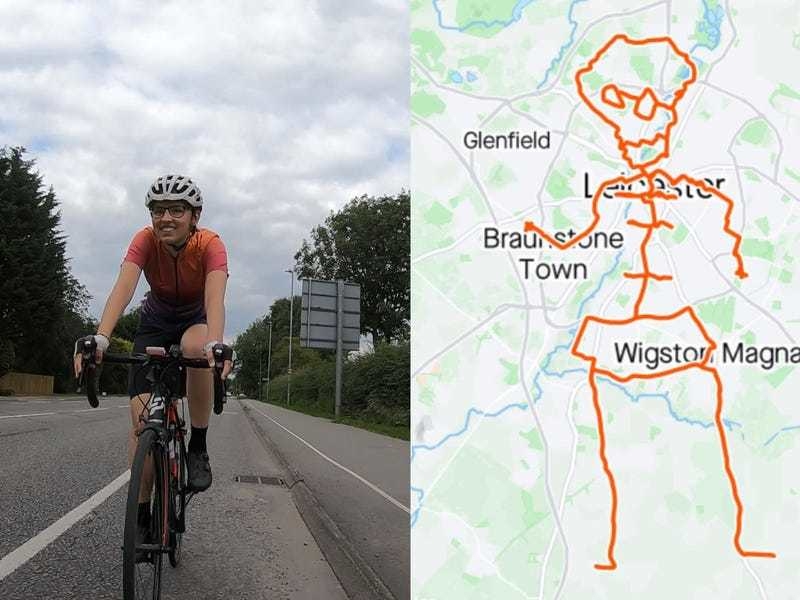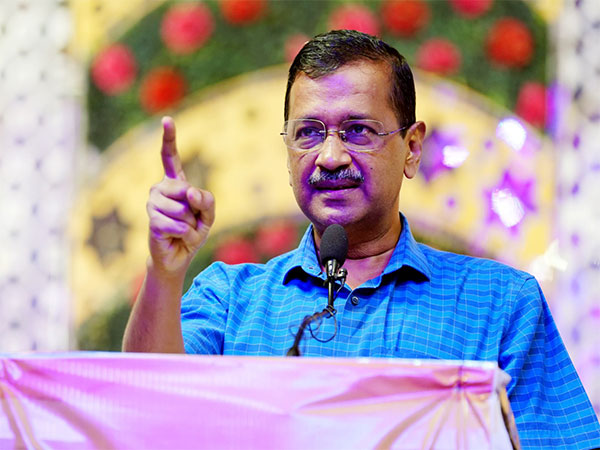
Ezenwa Nwagwu writes on the need for political parties to cultivate the habit of accepting the outcome of every election instead of heaping the blame on the electoral umpire, the Independent National Electoral Commission, whenever the poll results are made public. n my recent article on the need for political parties to introspect and reform, following the Edo State governorship poll, I emphasized that we cannot deliberately excuse the internal flaws of political parties and actions of politicians while intentionally using INEC as scapegoat for every electoral loss. However, following the reactions that trailed that recent intervention, I have decided to reflect deeper by simply stirring a conversation that will address the ignorance that have trailed the improvements in our elections and by so doing, restore citizens’ confidence in our institutions.
As we move closer to the Ondo governorship election and also prepare for the 2027 general election, there is the need to begin to sound the note of warning early enough for parties to put their structures in place, rather than wait to blame INEC for electoral losses. People who have knowledge about this must speak up. If we don’t do that, we will then be consumed by the lies, half-truth, twisted logic, the propaganda, and the misinformation and disinformation that have become the tragedy of public commentary and engagement after every election.
My argument has always been that the election is not a one-day event. It is a process. Elections are a multi-step process that goes beyond just voting day.
The voting itself is just one crucial event within the larger election process. What happens before voting day, including the behavior or misbehavior of political parties and politicians, their agents, security officials and indeed the electorate significantly influences the outcome – their victories or losses. Unfortunately, are Nigerians paying attention to the factional and leadership crisis within many of the political parties? Sadly, one of the political parties has over a hundred cases in court over leadership tussles.
How will this affect their performances in future elections, or do we just wait and expect miracle victories or blame INEC when they lose? With that in mind, I will assess our elections by reflecting on where we started and the progress made over the past few years. I have consistently stressed that elections cannot be driven solely by emotions or miracles. Unfortunately, many Nigerians tend to overlook data and evidence.
However, the available data clearly indicates that despite contrary claims, our electoral process has indeed progressed. The challenge for us is to reconstruct our narrative in a way that single out the places where we need to improve and also highlights where things have greatly improved. Perhaps another narrative we must correct is that Nigerians often mistakenly attribute election-related issues like vote buying and violence to INEC’s oversight.
However, these problems fall outside INEC’s direct responsibility and are instead symptoms of broader societal and political challenges that require a collective solution. You know, everyone who has lost an election believes, and you hear them say that ‘this is the worst election since 1999.’ And that, for me, is scary.
It is scary because it is not only a diabolical lie; it is founded on ignorance; ignorance of history, and ignorance of process. Where are we coming from? We have had elections, and those who say our elections have not made progress, are either ignorant or clearly partisan. It is true that our elections are not perfect because, indeed, there are no perfect elections anywhere in the world.
But to say we have not made significant progress in our elections is a lie we cannot continue to tolerate. After all, there are many Donald Trump supporters who still believe he won the 2020 election in the US. Before proceeding, we should consider the following questions: Do you remember a time when election results were being announced in Abuja while people were still queuing to vote at polling stations? Isn’t it true that Nigeria has moved beyond the days when results were fabricated inside hotel rooms or when a single person, armed with hundreds of voter cards, could vote multiple times? Haven’t we also progressed from the era of politicians snatching ballot boxes or stuffing them with ballot papers? And isn’t it equally true that, in recent elections, we are seeing more opposition parties winning against the ruling parties? I believe clear, fact-based and objective responses to these questions, beyond partisanship or emotions, are critical and the answers would form a realistic foundation to determine if we have made progress in our elections or not.
So let’s engage objectively, factually and dispassionately, in an informed and cordial manner. As we begin our discourse, it is important to carry out a proper and dispassionate interrogation of these reforms or claims of reforms. Hence these critical questions as a guide to the intellectual discourse: What are the reforms that the current INEC has embarked on? How necessary or otherwise are the reforms, including the timing and mode of deployment? How effectively and efficiently or otherwise are the reforms being implemented? What are the exact projected gains from the reforms? What are the expected immediate, short and long term impacts of the reforms on our elections? What do you suggest that the INEC should do differently, or change entirely, if any, for better results? For politicians, politics and elections are games.
But for the Election Management Body, it’s a duty. Only few Nigerians will appreciate the sheer scale of the logistical effort involved in organising elections across 176,000 polling units in a country with poor infrastructure and occasional security threats. To helm, the electoral body of Africa’s most populous country is a herculean task, one that requires not only administrative competence but also the courage to face constant criticism.
INEC is one institution where success often goes unnoticed, and failures are magnified. But let’s attempt a closer look at those successes that may have gone unnoticed due to emotions attached to elections in Nigeria. Asserting INEC’s independence: Perhaps one of the best expressions of INEC’s independence was the way it resisted the attempt to force it to organize the 2019 general election in a staggered manner through various acts of sabotage.
Nigerians may not even be aware of the many sabotage the Commission faced. That it was able to regroup and conduct the election a mere week after postponement without compromising its stance not to conduct a staggered election says something about its leadership and independence. How could Nigerians have forgotten how this INEC in 2019 bravely prevented the ruling party from fielding candidates in Zamfara and Rivers in its determination to follow the rules no matter whose ox is gored? Electoral Law Reforms I believe the attempt to rebuild electoral credibility must start with the law.
INEC remains a strong advocate of the Electoral Act (Amendment) Bill 2018, which President Muhammadu Buhari vetoed a record four times. It was also central to the Electoral Act 2022, which was eventually signed into law by President Buhari shortly before the political party primaries in 2022. It was due to this electoral Act that what happened in Abia, Obingwa, for instance, in the governorship election in 2023 was brought to Abuja, and the votes were recalculated.
If you say our elections have not made progress, will you tell that to the opposition candidate that won the Abia election or are you going to tell that to the many Labour Party candidates all around the country who had won election, because if it was when we were writing results in hotels, those people will not smell victory. Technology Reforms One of his most significant reforms has been the introduction of technology in elections, particularly the use of the Biometric Voter Accreditation System (BVAS). This system, designed to reduce instances of multiple voting and electoral fraud, brought a level of transparency previously unseen in Nigerian elections.
Additionally, the INEC Results Viewing Portal (IReV) allowed for real-time transmission of results, reducing opportunities for manipulation and ensuring a faster, more accountable tallying process. These innovations signaled a marked shift in the way elections were conducted, offering hope to millions of Nigerians who had grown disillusioned with the old system. Beyond the introduction of technology, Prof.
Yakubu Mahmood has also focused on institutional strengthening. Under his leadership, INEC has prioritized engaging CSO leaders as national commissioners. Let us also remember that Mahmoud came into INEC in November 2015.
When he came in 2015, ten or more active civil society actors were appointed into INEC as national commissioners to ensure transparency in the process. By 2023, the politicians pulled out all of those people, except one or two. INEC was fortunate to have two members of the Justice Mohammed Uwais electoral committee serve as its chairman and national commissioner.
At least nine recommendations of the Uwais Committee that relate to INEC have been fully implemented, especially biometric registration of voter. Critics have pointed to technical issues during the 2023 general elections, such as delays in the transmission of results, we cannot deny the complexities of running elections in a country as vast, populous, and politically charged as Nigeria mean that some challenges are unavoidable. My conclusion is that of course, there are challenges with our elections, but while it is okay to criticize we must commend where progress has been recorded.
However, Nigerians must invest in knowledge. When political parties who lose elections come to the media to cry that they have been rigged out, we must follow their petitions to the courts. In most cases, their petitions are totally different from what they are saying in the media.
Even in the recent Edo election, I will employ Nigerians to follow the court case and make efforts to read the petition filed by the parties at the tribunal. -Nwagwu, Executive Director, Peering Advocacy and Advancement Center in Africa, writes from Abuja.










